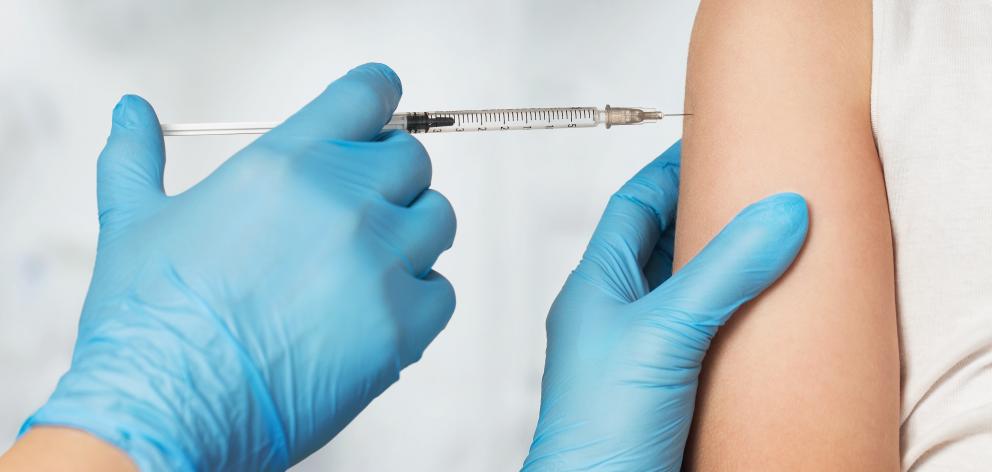
What is the flu?
A cold only lasts a few days, and affects the nose, throat and upper chest.When you have the flu — influenza — it might seem like a cold, but it affects the whole body.
It also lasts much longer, and can make existing medical issues much worse. There are four types of flu virus: A, B, C and D.
C is very minor and not vaccinated against, while D mainly affects cattle. A and B are the ones health officials watch out for.
Should I get a flu injection?
Absolutely — around a quarter of New Zealanders get flu each year, and many of those people won’t feel sick at all, but can still pass the virus on to others.Influenza is not something to be taken lightly — it can be fatal, and it can also make even fit and well people very ill indeed.It is even more dangerous for children and the elderly, and for people with weakened immune systems.In the very worst scenario, a pandemic flu — like bird flu, swine flu or the 1918 Spanish flu — can kill hundreds or even thousands of people.
Don’t you get the flu from a flu injection?
No, you don’t — while the vaccine does contain flu viruses, they are all inactivated so can’t make you sick.
Some people do get muscle aches or headaches as a reaction to the vaccine, but they have not caught the flu.
Do I need an injection every year?
Yes, the protection against flu is not permanent.
Also, a different vaccine is issued each year, depending on what strains of flu are circulating — there is no one flu, there are many different types of flu virus.
The World Health Organisation monitors flu closely — worldwide, there are 3-5million severe flu cases annually and between 290,000 and 650,000 flu-related deaths.
Each year WHO recommends which flu strains should be vaccinated against; that advice generally changing after each hemisphere has had its flu season.
There’s a flu season?
Yes, and it is fast approaching — in New Zealand it is generally from May to September. That said, you can get flu at any time of the year, but the autumn and winter months is when the disease is most prevalent.
So I should get an injection as soon as possible then?
Good idea. It generally takes up to two weeks before the vaccination starts to protect you from the flu.
How effective is the flu injection?
That’s not easy to put a number to, as it’s hard to measure a disease you didn’t catch.
However, the vaccine is usually around 50% effective in healthy adults for years when circulating strains of flu and the vaccine strains are well-matched.
The age, immune status and general health of the person getting the injection also influence how effective it is.
So, I can have a flu injection and still get flu?
Unfortunately, yes — but if you’re a blackjack player, cutting your odds of getting a nasty disease by around half isn’t a bad insurance bet.
I’m pregnant: Can I still have a flu injection?
Yes, and in fact doctors encourage you to do so — influenza is dangerous to an unborn baby as well as an expectant mother.
Tests have found no increased risk of reaction to the vaccine for pregnant women.
I’m convinced. Where do I get a flu injection?
In your upper arm, for most people. For young children, it is injected into the upper thigh.
I meant place. And what does it cost?
You can get an injection at your GP (where it will usually be given by a practice nurse), and at some pharmacies. Also, plenty of workplaces organise vaccinations for all staff.
People most at risk from flu qualify for either a free or subsidised flu injection — that includes anyone over 65, anyone under 65 with a heart disease, people with asthma or other serious lung complaints, diabetics or people with kidney disease, cancer patients, people with HIV or immunity issues, transplant recipients, children under four with a history of breathing issues, and people with a range of other conditions.If you don’t qualify for a free injection, it will cost between $25 and $45, depending where you go.
I’m scared of needles: What else can I do to avoid the flu?
• Antiviral drugs.
• Regular hand washing.
• Cover your mouth and nose when coughing or sneezing; use tissues and get rid of them properly.
• Isolate anyone feeling unwell, sneezing, or with a fever.
• Keep away from sick people.
• Avoid touching your eyes, nose or mouth.












